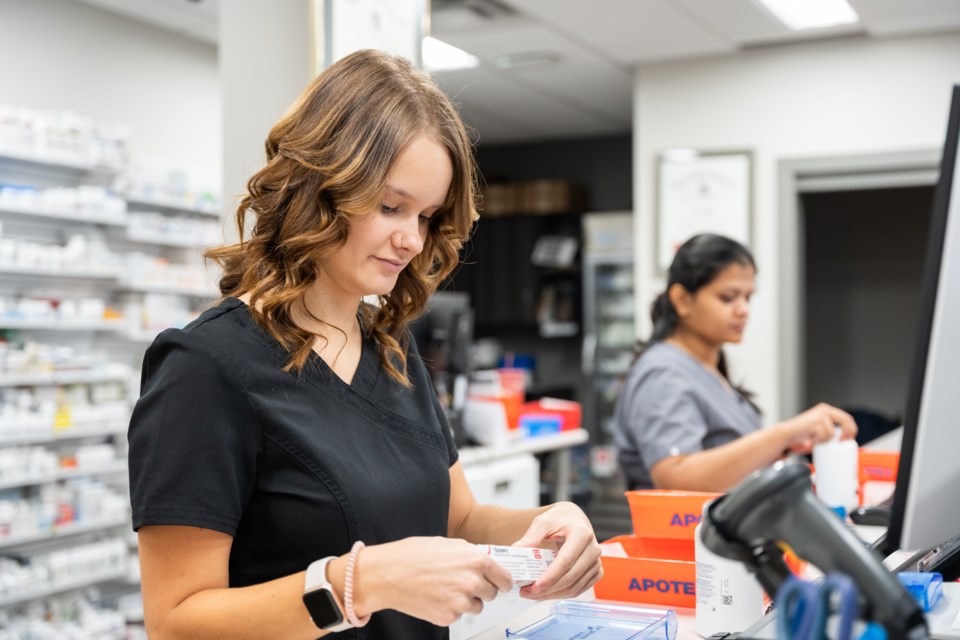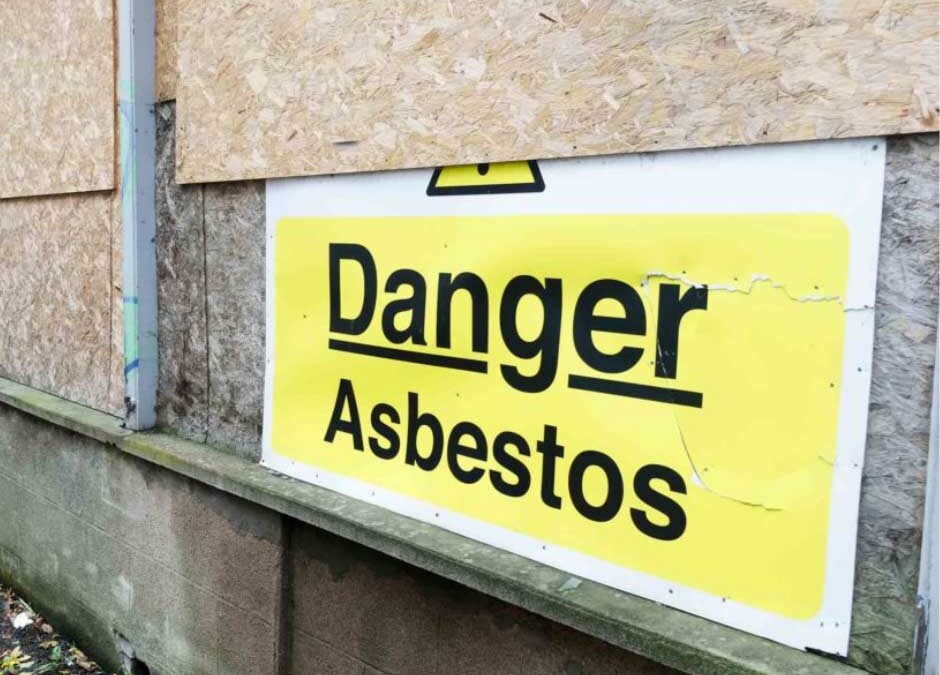1. Introduction
Pharmacy technicians, often called “pharmacy techs,” are vital members of the healthcare system. They support pharmacists in dispensing medicines, managing prescriptions, and assisting patients with their medication needs. The growing demand for skilled pharmacy technicians has led to an increase in pharmacy tech jobs worldwide. Whether you’re a fresh graduate, a healthcare student, or someone looking for a stable and rewarding career, pharmacy tech positions offer excellent opportunities for growth, learning, and professional satisfaction.
Pharmacy technicians play a bridge-like role between pharmacists and patients, ensuring that the right medicine reaches the right person at the right time. This guide will help you understand everything you need to know — from job responsibilities and education requirements to salary expectations and global demand.
2. Role & Responsibilities
Pharmacy technicians handle a wide range of responsibilities that keep the pharmacy functioning efficiently. Their work ensures accuracy, safety, and compliance with health regulations.
Key responsibilities include:
- Dispensing Medications: Preparing, counting, and labeling prescribed medicines under a pharmacist’s supervision.
- Prescription Processing: Entering prescription data into the system, verifying details, and maintaining accurate records.
- Inventory Management: Monitoring stock levels, checking expiry dates, and ordering supplies when needed.
- Customer Assistance: Helping patients understand prescription details, dosage, and usage precautions.
- Administrative Tasks: Managing billing, insurance claims, and daily reports.
Pharmacy technicians also follow strict safety protocols to handle controlled drugs, maintain hygiene, and ensure regulatory compliance.
3. Required Education & Training
To qualify for most pharmacy tech jobs, you need a mix of formal education and practical training.
Educational path includes:
| Level | Description | Duration |
|---|---|---|
| Matriculation (Science) | Minimum requirement to enroll in a pharmacy technician diploma | 2 years |
| Diploma / Certificate in Pharmacy Technician | Covers pharmacology, compounding, dispensing, and ethics | 2 years |
| Advanced Diploma / Category-B Registration | Allows legal practice as a pharmacy technician under the Pharmacy Council | 1 year additional |
Most institutes also require practical training in hospital or retail pharmacy environments. After completing the diploma, registration with the Pharmacy Council of Pakistan (or the relevant body in your country) is necessary for official recognition and employment eligibility.
4. Skills & Competencies
Pharmacy technicians need both technical and soft skills to perform their duties efficiently.
Technical Skills:
- Understanding drug formulations, dosages, and interactions.
- Accurate measurement and calculation of medication quantities.
- Familiarity with pharmacy software for data entry and record management.
- Knowledge of pharmaceutical regulations and storage guidelines.
Soft Skills:
- Attention to detail and precision.
- Strong communication and customer service abilities.
- Time management and multitasking.
- Ethical behavior and confidentiality awareness.
These skills make pharmacy techs reliable partners in patient care and pharmacy operations.
5. Work Environments & Settings
Pharmacy technicians can work in various environments depending on their training and specialization. Common workplaces include:
| Setting | Description |
|---|---|
| Retail Pharmacies | Assist customers directly and handle prescriptions. |
| Hospital Pharmacies | Support pharmacists in preparing medication for in-patients and out-patients. |
| Pharmaceutical Companies | Engage in manufacturing, quality assurance, or research assistance. |
| Clinics and Healthcare Centers | Dispense drugs and maintain small-scale inventories. |
| Regulatory Agencies | Help monitor drug safety and compliance. |
Some pharmacy technicians also find employment in telepharmacy or remote prescription processing roles, especially in countries with digital healthcare systems.
6. Working Conditions & Hours
Pharmacy tech jobs often involve long hours, especially in hospitals or 24-hour pharmacies. Technicians may work shifts, weekends, or nights. The job requires standing for extended periods, handling multiple prescriptions, and maintaining focus under pressure.
Despite the physical demands, safety measures such as gloves, lab coats, and cleanroom environments are implemented to ensure protection and hygiene. Many pharmacy techs describe their work as fast-paced but deeply rewarding because they directly contribute to patient health and recovery.
7. Career Progression & Advancement
Pharmacy technician careers offer steady growth. With experience and additional education, one can move into higher-paying or specialized roles.
Possible advancement paths include:
- Senior Pharmacy Technician – supervising junior staff and managing stock.
- Compounding Technician – preparing custom medication formulations.
- Inventory or Purchasing Officer – handling supply chain responsibilities.
- Pharmacy Supervisor or Manager – overseeing the entire pharmacy operation.
- Pharmacist (after further studies) – with advanced degrees and registration.
Some technicians also pursue careers abroad where certifications like PTCB (U.S.) or NVQ (U.K.) are recognized, expanding their professional scope globally.
8. Compensation & Job Market
The salary of a pharmacy technician varies by country, experience, and workplace.
| Experience Level | Average Monthly Salary (PKR) | Average Annual Salary (USD) |
|---|---|---|
| Entry-Level (0–2 years) | 35,000 – 60,000 | $2,000 – $3,000 |
| Mid-Level (3–5 years) | 60,000 – 100,000 | $3,000 – $5,000 |
| Senior / Specialist | 100,000+ | $6,000+ |
The demand for pharmacy tech jobs continues to grow due to the global rise in healthcare services, pharmaceutical manufacturing, and an aging population needing long-term medication management.
9. Regulation, Laws & Professional Bodies
Pharmacy technicians must operate under strict regulations to ensure patient safety. In Pakistan, the Pharmacy Council of Pakistan (PCP) regulates registration, licensing, and professional conduct. Globally, similar organizations such as the Pharmacy Technician Certification Board (PTCB) in the U.S. or General Pharmaceutical Council (GPhC) in the U.K. uphold standards and ethics.
Pharmacy technicians are also expected to follow patient privacy laws (like HIPAA in the U.S.), avoid prescription fraud, and maintain accurate recordkeeping.
10. How to Prepare & Apply
If you want to start your career in pharmacy tech jobs, preparation is key.
- Earn Your Diploma – Enroll in a recognized pharmacy technician program.
- Get Licensed – Register with your national or regional pharmacy council.
- Build a Strong Resume – Include certifications, internships, and skills.
- Apply on Job Portals – Use platforms like Indeed, Rozee.pk, or LinkedIn.
- Prepare for Interviews – Focus on ethics, accuracy, and patient handling.
Sample Pharmacy Technician Resume Section:
| Section | Example |
|---|---|
| Objective | “To obtain a position as a pharmacy technician where I can utilize my medication management and patient service skills.” |
| Skills | Prescription filling, drug labeling, inventory control, software proficiency. |
| Education | Diploma in Pharmacy Technician, recognized by PCP (2024). |
11. Challenges & Rewards
Every profession has challenges, and pharmacy technicians are no exception. Workload, accuracy pressure, and patient communication can be stressful. However, the rewards — helping people, gaining medical knowledge, and working in a respected field — make the career fulfilling. Many professionals find purpose in improving patient lives through reliable medication management.
12. Conclusion
Pharmacy tech jobs are among the most stable and respected careers in healthcare. They offer hands-on experience, consistent demand, and opportunities to grow both locally and internationally. Whether you aspire to work in a hospital, retail pharmacy, or manufacturing unit, the role of a pharmacy technician promises a future of learning, growth, and service.
The best way to begin is by earning the required education, developing key skills, and applying to reputable healthcare institutions. With dedication and precision, you can build a lifelong career helping others through the world of medicine.
Other Articles
Siemsoultions.tech – A Detailed Overview of Modern SIEM and Cybersecurity Solutions















Leave a Reply